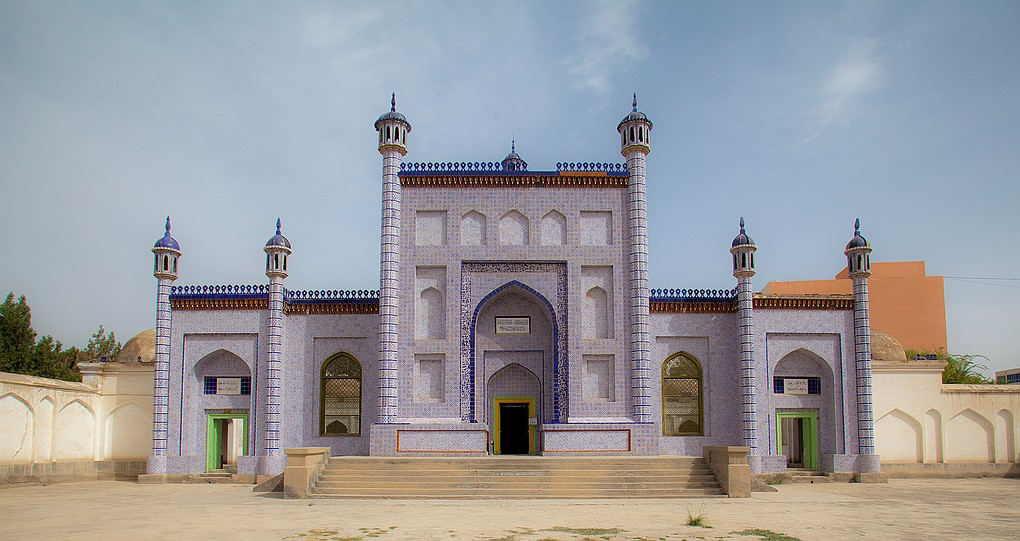Simply Kashgar
Uyghur Heritage
Kashgar holds significant historical, cultural, and strategic importance. Here are some key aspects:
1. Historical Crossroads: Kashgar is one of Central Asia's oldest cities, spanning over 2,000 years. It was a crucial hub along the ancient Silk Road, the network of trade routes connecting China to the Mediterranean. Its location facilitated the exchange of goods, ideas, and cultures between East and West.
2. Cultural Diversity: Over the centuries, Kashgar has been a melting pot of various ethnic groups, including Uyghurs, Han Chinese, Tajiks, Kyrgyz, and others. This diversity has enriched the city's culture, architecture, cuisine, and traditions.
3. Uyghur Culture: Kashgar is a significant centre of Uyghur culture, language, and identity. Uyghurs, a Turkic ethnic group, have inhabited the region for centuries and have developed a distinct cultural heritage, including music, dance, cuisine, and craftsmanship.
4. Strategic Location: Situated in the westernmost part of China, near the borders with Tajikistan, Kyrgyzstan, Afghanistan, and Pakistan, Kashgar has strategic significance. It is a gateway for China to Central Asia and beyond, making it essential for trade, transportation, and geopolitical interests.
5. Political Importance: The region of Xinjiang, where Kashgar is located, has been a focus of political attention due to issues related to ethnic tensions, religious freedom, and human rights abuses. Kashgar has been at the centre of Chinese government policies aimed at integrating the region into the more significant Chinese state, which has sparked controversy and international scrutiny.
6. Economic Development: In recent years, Kashgar has seen significant economic development driven by Chinese government initiatives such as the Belt and Road Initiative. Infrastructure projects, industrial zones, and trade corridors have been established to further integrate Kashgar into China's economy and strengthen its role as a regional trade hub.
Overall, Kashgar's significance lies in its rich history, cultural diversity, strategic location, and role in contemporary political and economic dynamics, particularly in China's engagement with Central Asia and the broader world.




Comments
Post a Comment